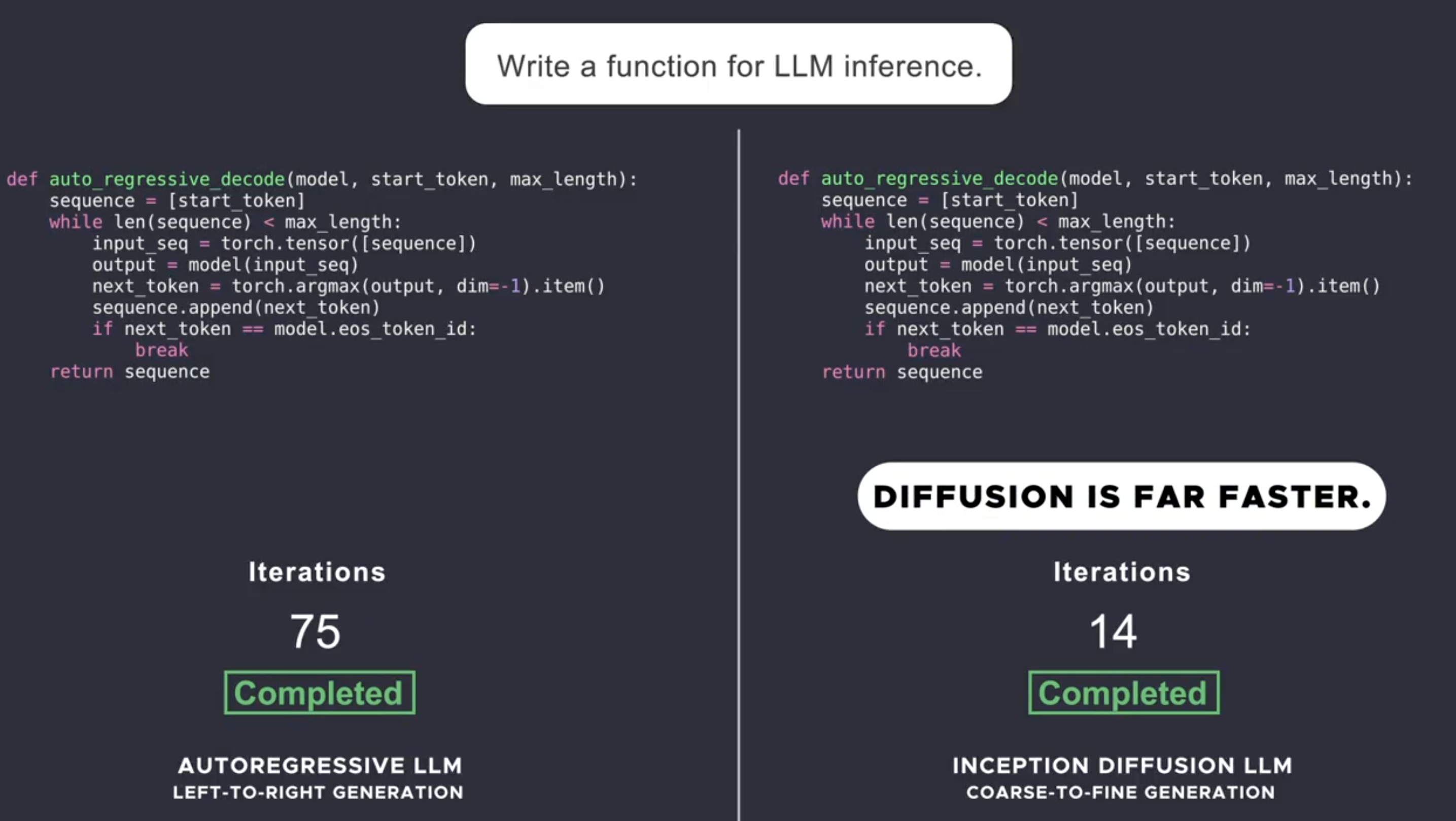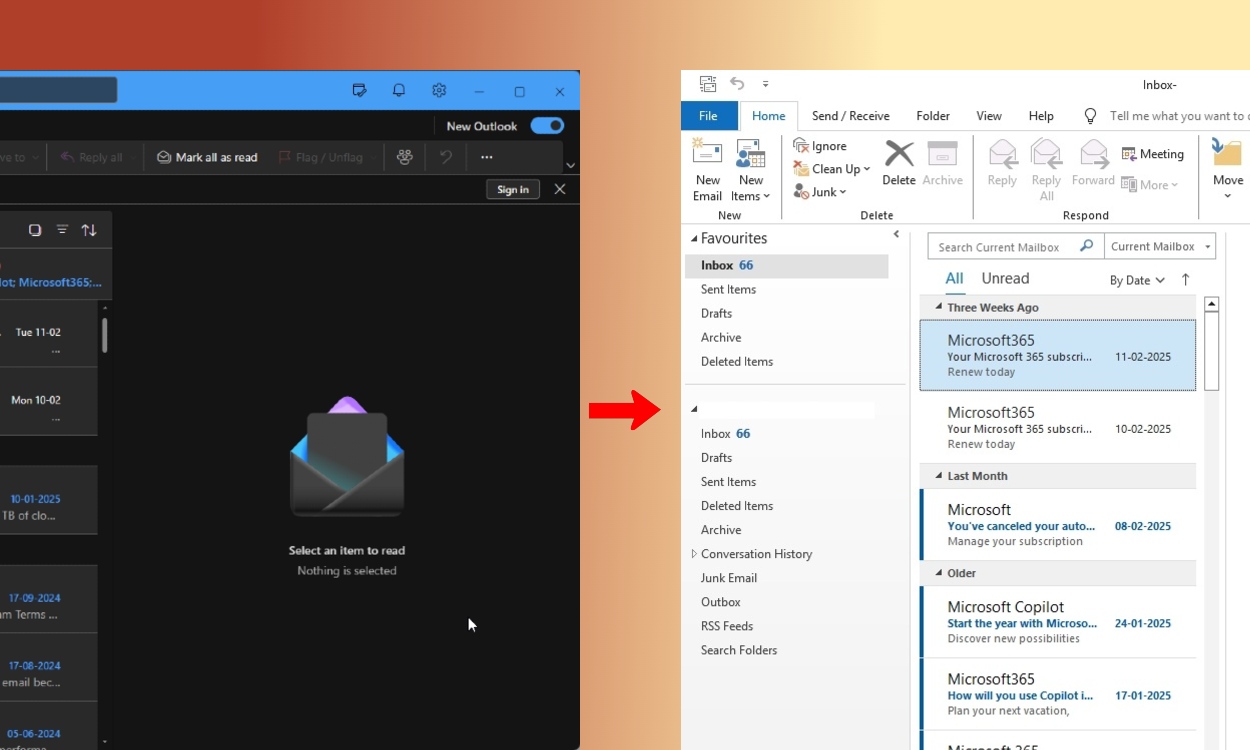The Impact of GDPR on Cybersecurity: Ensuring Data Protection and Compliance in the Digital Age

In the era of digital transformation, cybersecurity has become a critical aspect of business operations, particularly for organizations handling sensitive personal data. The General Data Protection Regulation (GDPR) is one of the most comprehensive data protection laws in the world, with significant implications for cybersecurity practices. This guide explores how GDPR influences cybersecurity efforts and provides strategies for ensuring compliance while safeguarding your organization’s data.
Understanding GDPR and Its Impact on Cybersecurity
-
What is GDPR?
- Overview: The General Data Protection Regulation (GDPR) is a regulation enacted by the European Union (EU) to strengthen data protection for individuals within the EU. It imposes strict requirements on organizations that collect, process, and store personal data of EU residents, regardless of where the organization is located.
- Key Provisions: GDPR mandates that businesses:
- Obtain explicit consent for data processing.
- Provide individuals with the right to access, correct, and delete their data.
- Ensure that data is securely stored and protected from unauthorized access.
- Notify individuals within 72 hours of a data breach.
-
Key Areas Where GDPR Affects Cybersecurity
- Data Security and Protection: GDPR mandates that organizations implement appropriate technical and organizational measures to protect personal data from breaches. This includes encryption, secure access controls, and regular vulnerability assessments.
- Breach Notification: Organizations must have procedures in place to detect, report, and investigate data breaches promptly. Failure to notify within the required 72-hour window can lead to significant fines and reputational damage.
- Data Minimization: Businesses are required to only collect data that is necessary for their purposes. This reduces the amount of sensitive data that needs to be secured, lowering the overall risk.
- Third-Party Risk Management: GDPR holds organizations accountable for the data they share with third-party vendors. Security measures must be in place to ensure that any third party processing personal data also complies with GDPR requirements.
- Data Access and Transparency: GDPR grants individuals the right to access their personal data and be informed about how it is being used. Cybersecurity systems must be designed to ensure transparency and facilitate data access requests.
Key Strategies for Ensuring GDPR Compliance and Strengthening Cybersecurity
-
Implement Robust Security Measures
- Data Encryption: Encrypt sensitive data both at rest and in transit to prevent unauthorized access.
- Access Control: Use role-based access controls to ensure that only authorized personnel can access personal data.
- Two-Factor Authentication (2FA): Enforce 2FA for all systems that handle personal data to add an extra layer of security.
- Regular Software Updates: Keep all software and systems up to date to mitigate vulnerabilities that could be exploited by cybercriminals.
-
Develop a Data Breach Response Plan
- Breach Detection: Implement systems for continuous monitoring to detect potential data breaches quickly.
- Breach Notification: Develop clear procedures for notifying both the relevant authorities and affected individuals within 72 hours of a breach.
- Incident Response: Ensure that you have a trained team and a defined process for investigating and responding to data breaches.
-
Conduct Regular Vulnerability Assessments
- Penetration Testing: Regularly test your systems for weaknesses that could be exploited by attackers.
- Security Audits: Perform security audits and vulnerability assessments to ensure compliance with GDPR and identify potential security gaps.
- Third-Party Risk Assessment: Evaluate the security practices of third-party vendors and ensure they are aligned with GDPR compliance.
-
Employee Training and Awareness
- Cybersecurity Training: Educate employees on GDPR requirements, best practices for data security, and how to recognize phishing and social engineering attacks.
- Security Awareness Campaigns: Conduct regular security awareness campaigns to keep employees informed about emerging threats and evolving security protocols.
-
Data Backup and Disaster Recovery Plans
- Regular Backups: Implement robust data backup procedures to ensure that critical data can be restored in the event of a breach or system failure.
- Backup Testing: Regularly test backups to verify that data can be successfully recovered and that disaster recovery processes work effectively.
How Codelancer Cybersecurity & Forensics Can Help
At Codelancer Cybersecurity & Forensics, we specialize in providing comprehensive cybersecurity solutions to ensure GDPR compliance and protect your business from emerging threats. Our services include:
- GDPR Compliance Assessment: We conduct thorough assessments to determine your organization’s GDPR compliance status and identify any gaps that need to be addressed.
- Data Protection Solutions: Our team implements encryption, secure access controls, and other data protection measures to help you meet GDPR requirements.
- Incident Response and Breach Management: In the event of a data breach, we provide expert support to help you manage the breach, notify affected individuals, and mitigate damage.
- Employee Training Programs: We offer training and awareness programs to ensure that your staff understands GDPR and how to protect personal data.
- Continuous Monitoring and Threat Detection: Our managed security services provide 24/7 monitoring and real-time threat detection to help you prevent data breaches.
Conclusion
The General Data Protection Regulation (GDPR) has significantly influenced the way businesses approach data protection and cybersecurity. By implementing robust security measures, developing a breach response plan, and ensuring compliance through regular assessments, businesses can protect personal data and minimize the risks of cyber threats. At the same time, cybersecurity strategies must evolve to address the complexities of GDPR compliance and safeguard sensitive information in an increasingly connected world.
What's Your Reaction?





































